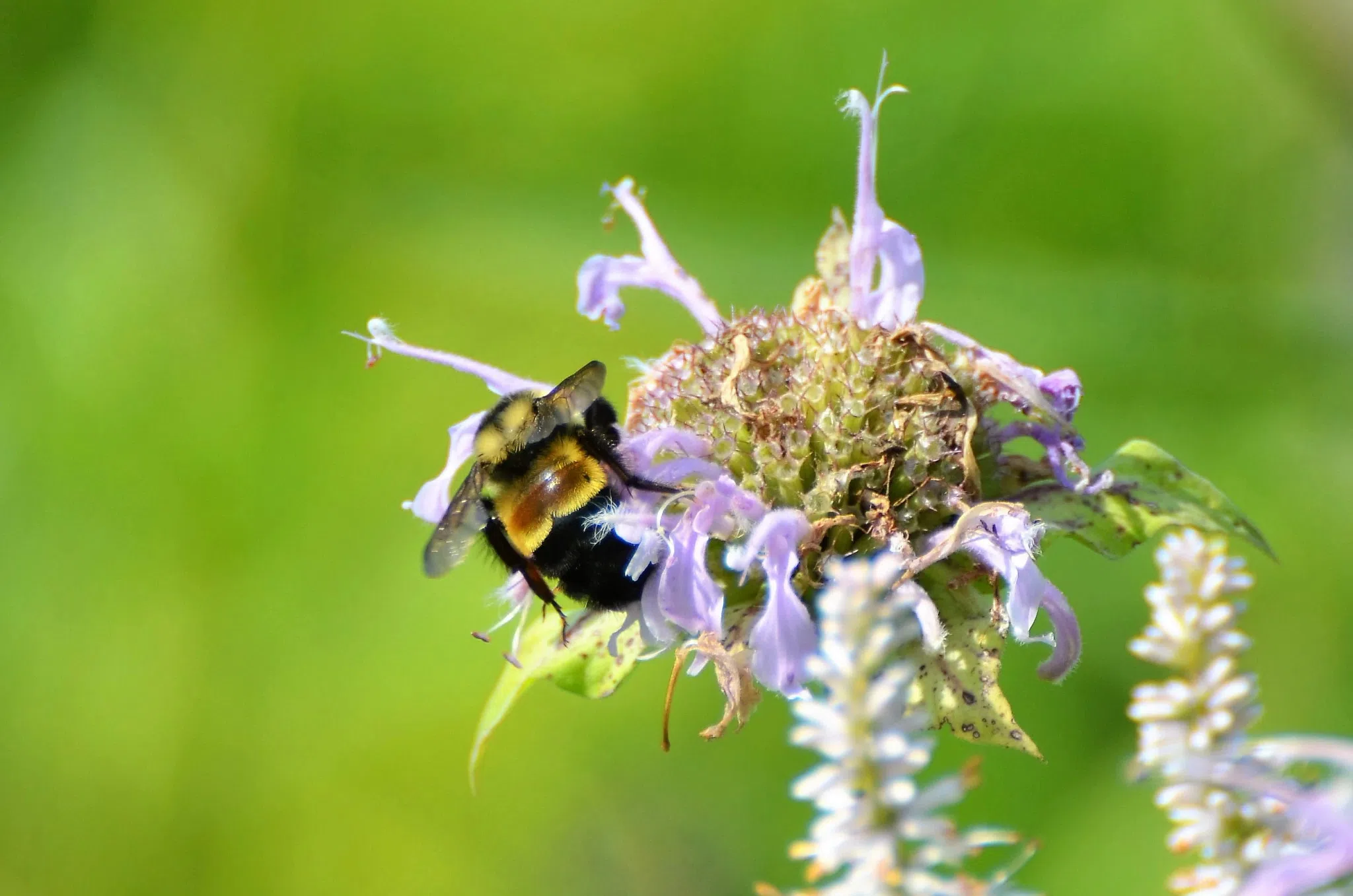
The Wisconsin Department of Natural Resources recognizes June 16th through the 22nd as Pollinator Week.
As Pollinator Week comes to an end on Sunday (June 22nd), the DNR is offering tips to Wisconsinites that will improve the lives of the numerous different pollinators our state is home to.
Most of Wisconsin’s pollinators are bees, which include more than 400 native species, 20 of which are bumblebee species.
In addition to bees, our most common pollinators also include butterflies and moths, and with some simple steps, you could greatly improve their chances of surviving.
The DNR says planting plants and trees native to the state, especially early blooming trees, serves as a vital food source for bumble bee queens who emerge following hibernation.
It also benefits many other insects, which in turn provide food to birds and bats, fostering a healthy ecosystem.
Having other plants on your property, such as milkweed, violets, fennel, and parsley, is also important, as butterflies such as monarchs depend on them for survival.
Additionally, providing shelter for pollinators and keeping your yard free of pesticides and herbicides will help keep them safe as they work to keep their ecosystem thriving.
More information on how to protect Wisconsin’s pollinators can be found online at dnr.wisconsin.gov.










